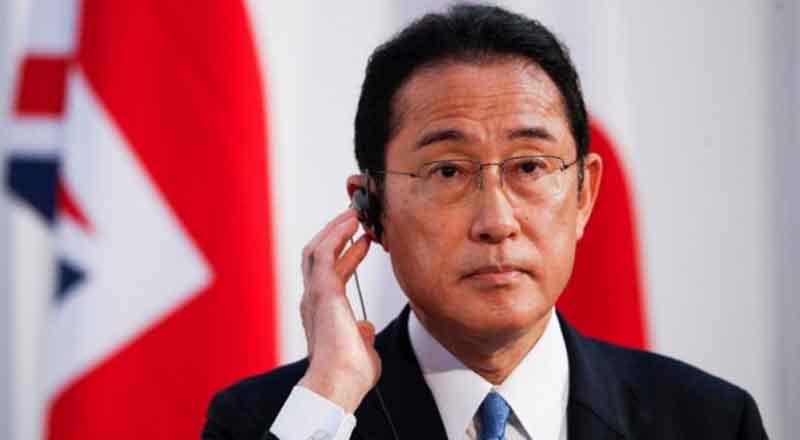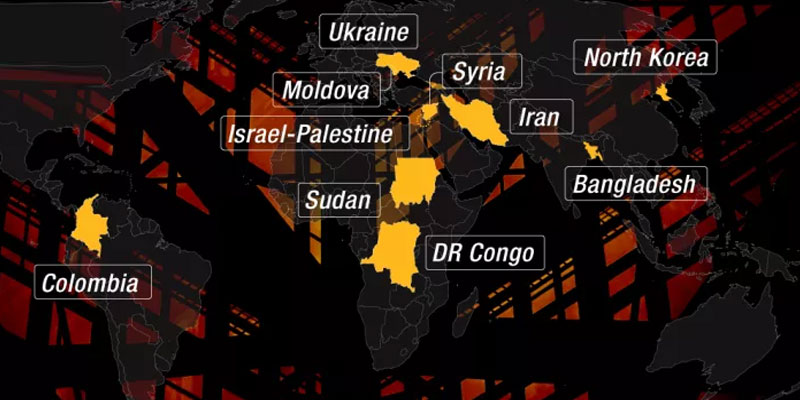Kishida’s Decision to Step Down
Japan’s Prime Minister, Fumio Kishida, has announced that he will not seek re-election as leader of the ruling Liberal Democratic Party (LDP). This marks the end of his nearly three-year tenure and opens the door to a new leadership race within the party. Kishida’s decision comes in the wake of plummeting approval ratings, intense internal party pressure, and a series of political scandals.
Factors Leading to Kishida’s Departure
Kishida’s tenure has been marred by several controversies, significantly impacting his leadership. The most damaging scandal involved allegations of unrecorded kickbacks within the LDP, which has overshadowed his administration. Kishida himself acknowledged the impact of these scandals, stating, “The series of political finance scandals has eroded trust and weighed heavily on my decision.”
Economic challenges have further compounded Kishida’s difficulties. Japan is facing rising inflation and a weakening yen, which has led to significant public dissatisfaction. The financial markets have reacted to Kishida’s announcement with volatility: the yen strengthened by 0.3% against the dollar, while the Nikkei index experienced a slight dip of 0.2%. Despite efforts by the government and the central bank to stabilize the economy, public frustration remains high. Recent polls indicate Kishida’s approval rating has dropped to just 25%, a stark decrease from the 54% he enjoyed when he assumed office in October 2021.
Potential Successors
As the LDP prepares for its leadership contest in September, several prominent figures are emerging as potential successors to Kishida:
Shigeru Ishiba: Former Defence Minister Shigeru Ishiba is a leading contender. Known for his defence expertise and long-standing rivalry with former Prime Minister Shinzo Abe, Ishiba has been a vocal critic of the current political climate. He has called for greater transparency and accountability in political fundraising, a stance that resonates with many amid ongoing scandals.
Taro Kono: Current Digital Transformation Minister Taro Kono is another key figure. Kono, who previously served as foreign and defence minister, is seen as a reformist and has a strong profile outside Japan’s political centre, Nagatacho. Despite facing criticism over the My Number national identification system, Kono has pledged to use digital technology to enhance transparency in political finance, positioning himself as a candidate for change.
Toshimitsu Motegi: LDP Secretary-General Toshimitsu Motegi, a veteran politician with extensive experience in foreign and trade policy, is also considered a potential candidate. While he has been a key supporter of Kishida, Motegi is rumored to have his own ambitions. His role in resolving recent disputes between the LDP and its coalition partner Komeito has kept him in the spotlight, though his public appeal remains uncertain.
Sanae Takaichi: Economic Security Minister Sanae Takaichi, a staunch conservative and ally of Shinzo Abe, is another contender. Takaichi’s hawkish views on foreign policy and economic security have earned her a dedicated following. However, her lack of factional backing within the LDP may hinder her path to the premiership.
Yoko Kamikawa: Current Foreign Minister Yoko Kamikawa is also mentioned as a potential successor. Despite her experience in various high-profile roles, including Justice Minister, Kamikawa’s relatively low standing in public opinion polls suggests her candidacy may face significant challenges.
Implications for Japan’s Political Landscape
Kishida’s departure injects uncertainty into Japan’s political environment. His resignation comes at a time when Japan faces significant challenges, both domestically and internationally. The next LDP leader, and consequently the next prime minister, will need to navigate economic instability, geopolitical tensions, and the necessity for internal party reforms.
Shoki Omori, Chief Desk Strategist at Mizuho Securities, commented on the market implications, noting, “The market implication is that Japanese politics is going to be foggy. Market participants are going to dislike the uncertain situation, especially those investing in risk assets, such as equities.” This sentiment reflects broader concerns about Japan’s political stability and the potential for a return to the revolving door of prime ministers that has historically plagued the country.
While a general election is not required until 2025, the new LDP leader might opt for an early election to secure a stronger mandate. The LDP’s current dominance in the Diet and its coalition with Komeito suggest that any election is likely to reaffirm the party’s control of the government. As Japan navigates this period of transition, the outcome of the upcoming leadership contest will be pivotal in shaping the country’s political future.
(With inputs from agencies)





